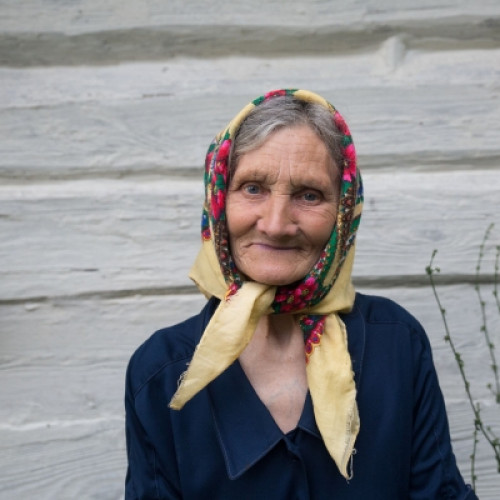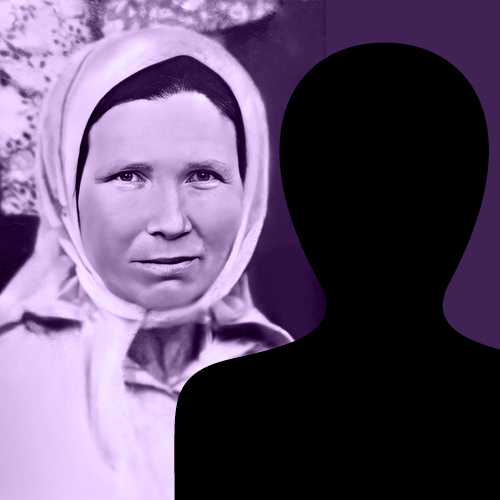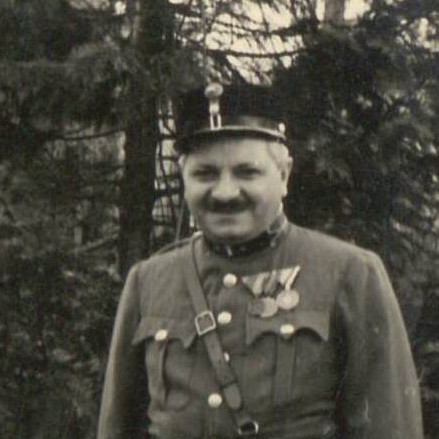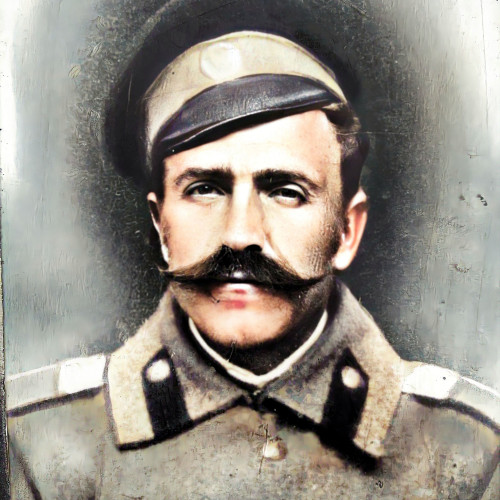Ołeksandra Wasiejko z d. Łukaszko (ur. 1946) - Instytut Pileckiego
Ołeksandra Wasiejko z d. Łukaszko (ur. 1946)
Awarded in 2019.

During the Volhynia Massacre in the summer of 1943. Over the next seventy years Oleksandra Vaseyko kept alive the memory of the victims, bringing flowers to their graves and keeping them in her prayers.
During the Volhynia Massacre in the summer of 1943, Ukrainian nationalists systematically attacked and murdered Poles living in the eastern provinces of the country. The majority of those killed were buried in mass graves, the locations of which remain unknown to date. Before 1939, Kalennyk Lukashko, Oleksandra’s father, was on very good terms with the Polish residents of neighboring villages. When during the War the Ukrainian Insurgent Army commenced its campaign of anti-Polish violence, he shunned from his fellow Ukrainians and provided aid to three Poles who had survived the massacre and hidden in a forest close by. Learning a few days later that they had been murdered, he buried them and pointed out their last resting place to Oleksandra, 6 years old at the time, marking the spot with crosses cut out in the bark of some nearby trees. Over the next seventy years Oleksandra Vaseyko kept alive the memory of the victims, bringing flowers to their graves and keeping them in her prayers. She also helped Polish archeologists uncover the mass burial sites of Poles murdered in Wola Ostrowiecka and Ostrówki.
fot. Znak Publishing
See also
- Anastasija Koreń (1908–1967) Mykoła Koreń (1905–1944)

awarded
Anastasija Koreń (1908–1967) Mykoła Koreń (1905–1944)
On the evening of 15 July, Mykola’s brother-in-law appeared at the Korens’ doorstep, accompanied by four children of their neighbors, the Adamowiczs: nine-year-old Teresa, five-year-old Janusz, three-year-old Stasia and one-and-a-half-year-old Henio.
- Jenő Etter (1889–1973)

awarded
Jenő Etter (1889–1973)
The mayor of the Hungarian city of Esztergom received dozens of letters written in Polish. The greeting lines themselves showed the sympathy and gratefulness of the Polish refugees: “Dear Captain!”, “Dear Doctor!”. Jenő Etter understood them all.
- Trofim Danieluk

awarded
Trofim Danieluk
(1880–1960)“Upon realizing the danger I was in, Ifled and hid among potato shoots. I owe my life to Trofim Danieluk, who said I hadn’t been home for the last three days, when asked by the murderers from the Ukrainian Insurgent Army” – reported Władysław Zubkiewicz.


